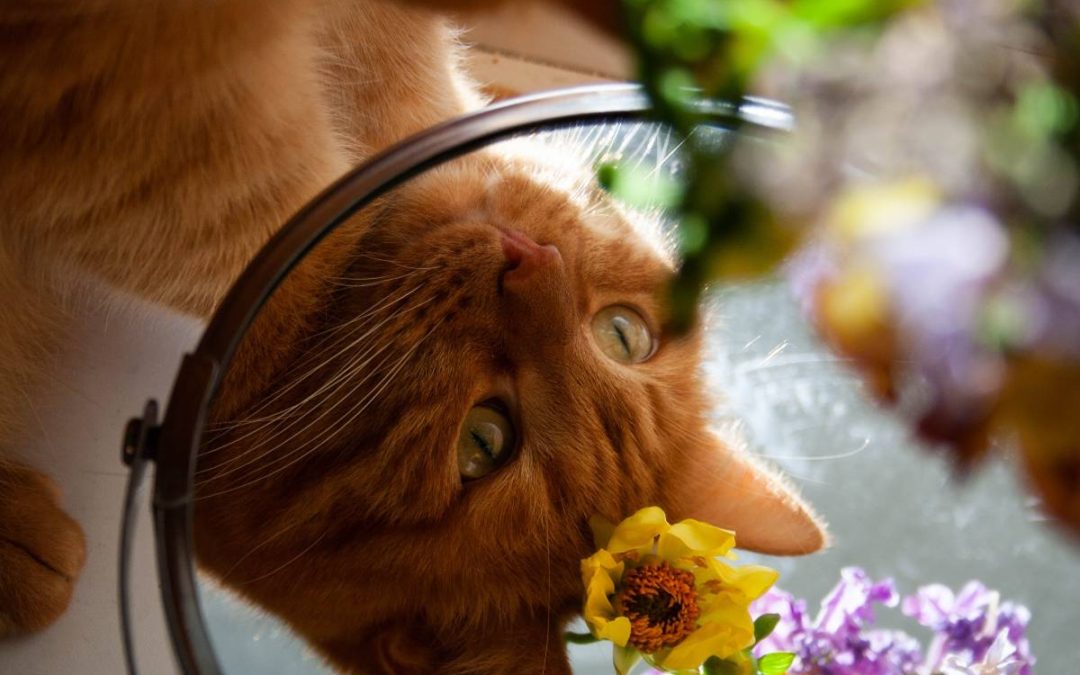Cats may never be without curiosity for very long, because it’s a major part of who they are, and their survival instincts are closely tied to it. Sometimes their inquisitive personalities get the best of them. Unfortunately, the beautiful bouquet of Easter Lilies on your kitchen table or the colorful bundle of daylilies in your garden are a safety threat for your cat. In fact, lilies are lethally toxic to cats.
WARNING: If you think your cat has ingested a lily plant, this is a life-threatening emergency. Seek veterinary care immediately and have your veterinarian contact an animal poison control center.
Cats can suffer fatal kidney failure just from biting into a lily leaf or petal, licking the pollen from its paws, or even drinking water from a vase containing cut lilies.
If you have a cat, the safest bet is to keep the following plants out of your home.
- Asiatic lily
- Day lily
- Easter lily
- Peace lily
- Japanese Show lily
- Rubrum lily
- Stargazer lily
- Tiger lily
- Wood lily
- Lily of the Valley
What are the signs of lily toxicity?
Within the first two hours, you may notice a loss of appetite, low energy level, and vomiting. Later in the disease process, seizures may occur and prolonged exposure will result in dehydration, renal failure, and death if left untreated.
- Lethargy
- Loss of Appetite
- Vomiting
- Tremors
- Seizures
- Dehydration
- Renal Failure
- Death
Time is crucial. The earlier you seek treatment for your cat, the better their chance for survival. If you should find a chewed on piece of the plant or pieces of the plant in vomit, be sure to take your cat to the veterinarian immediately.


Recent Blog Comments